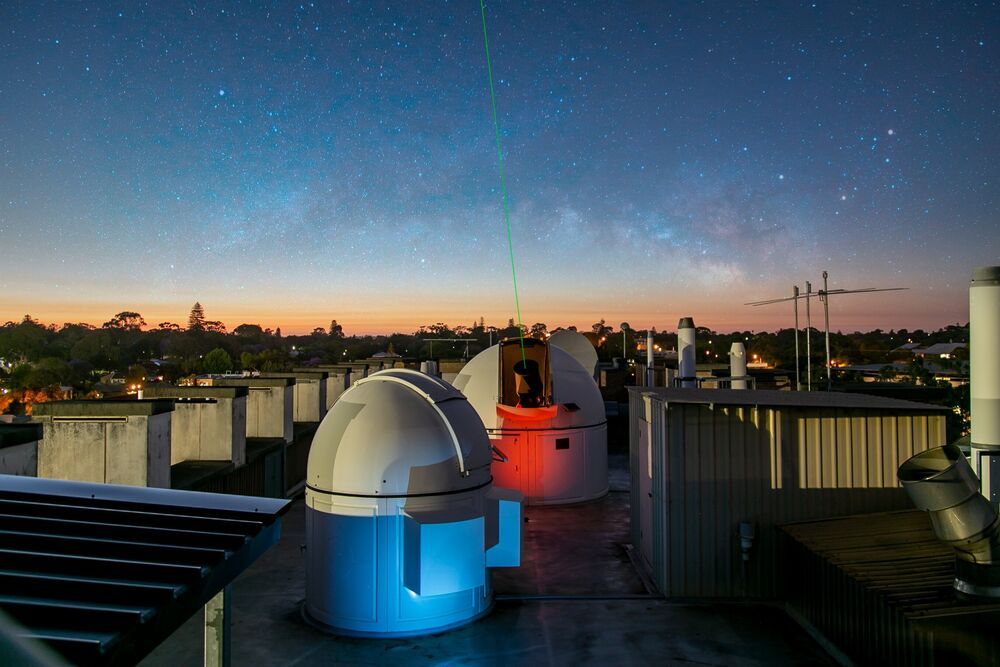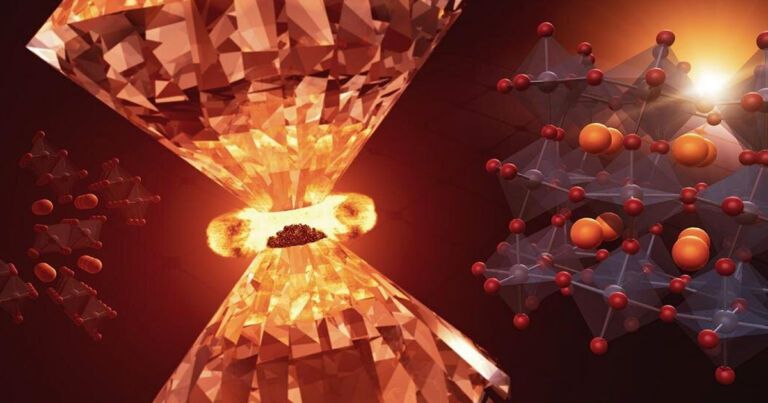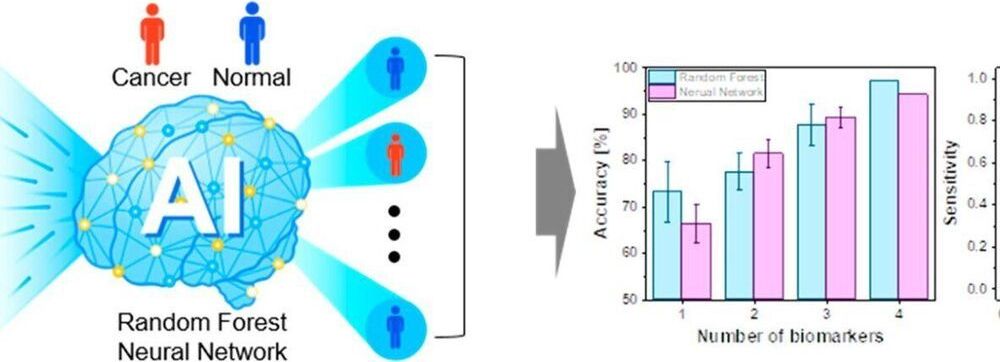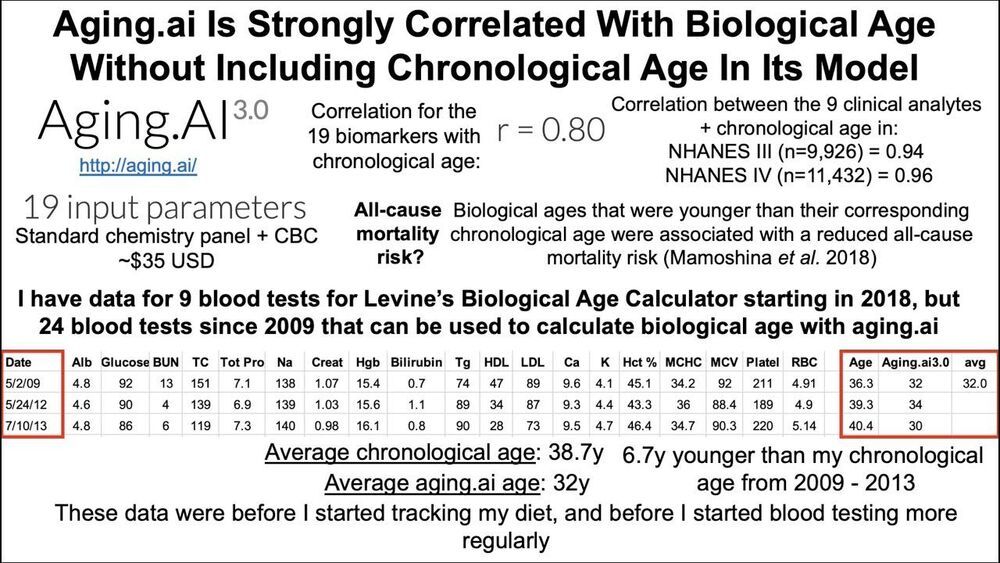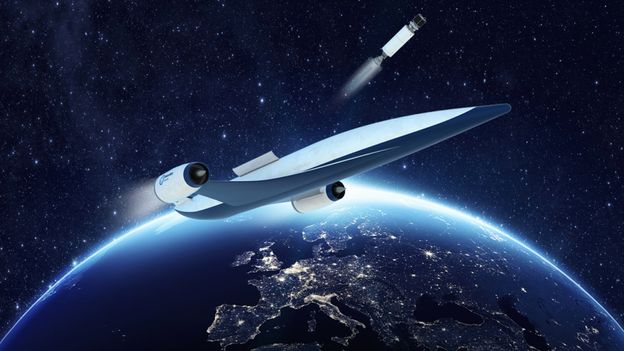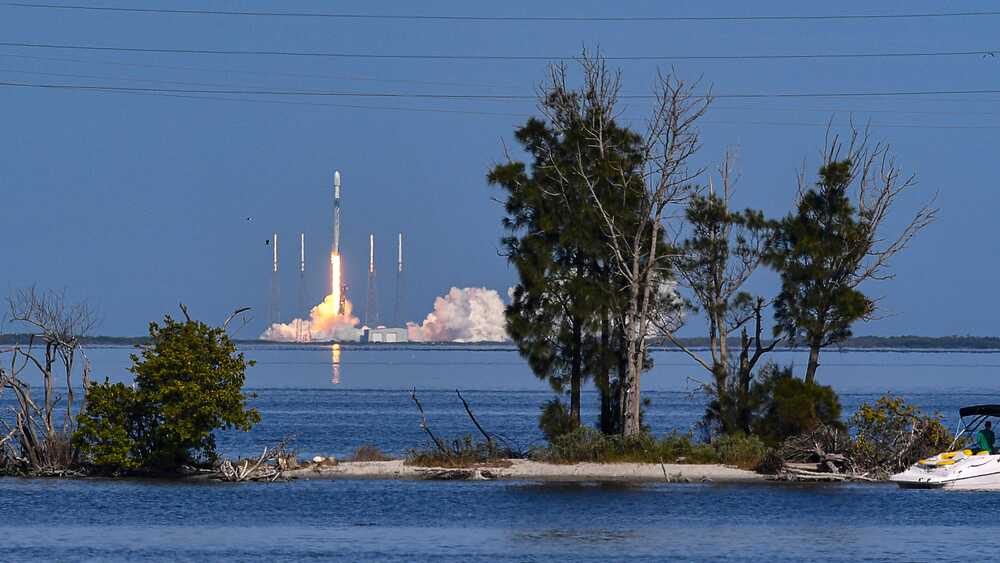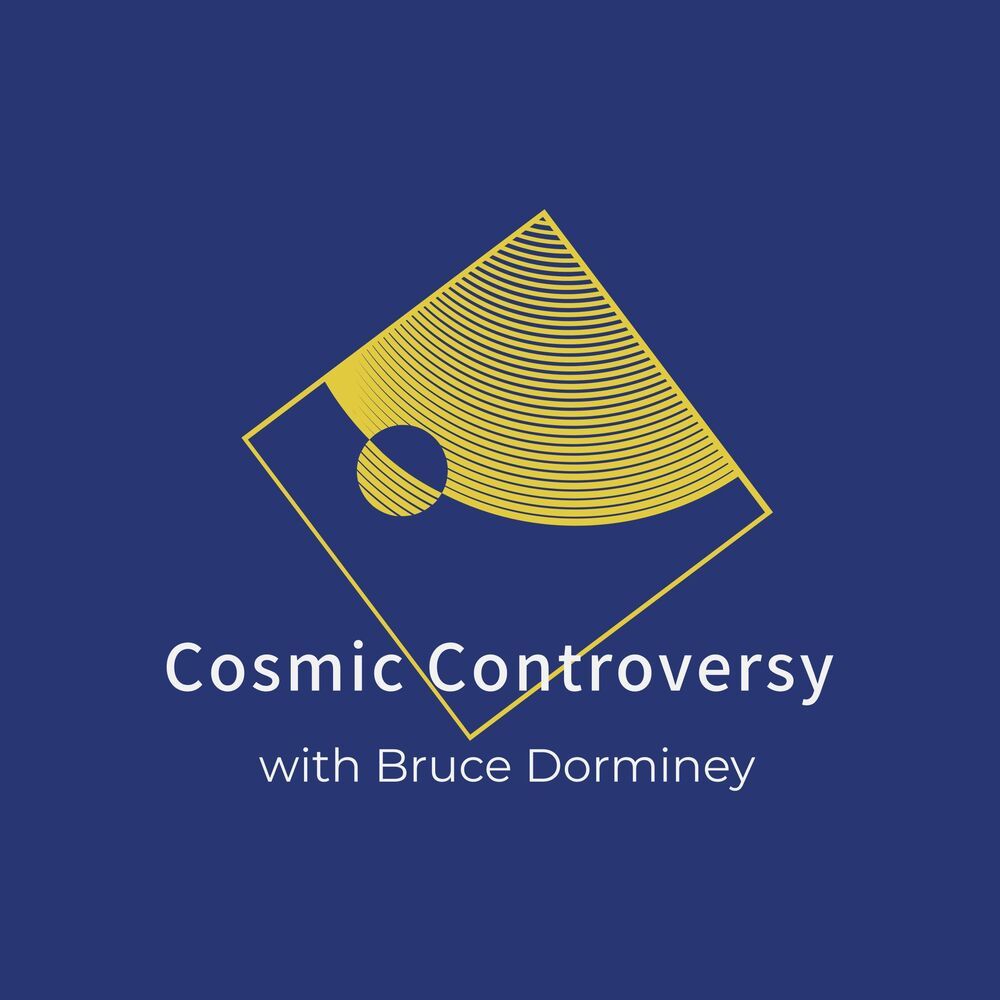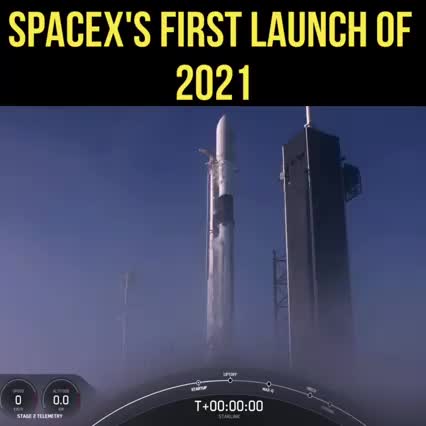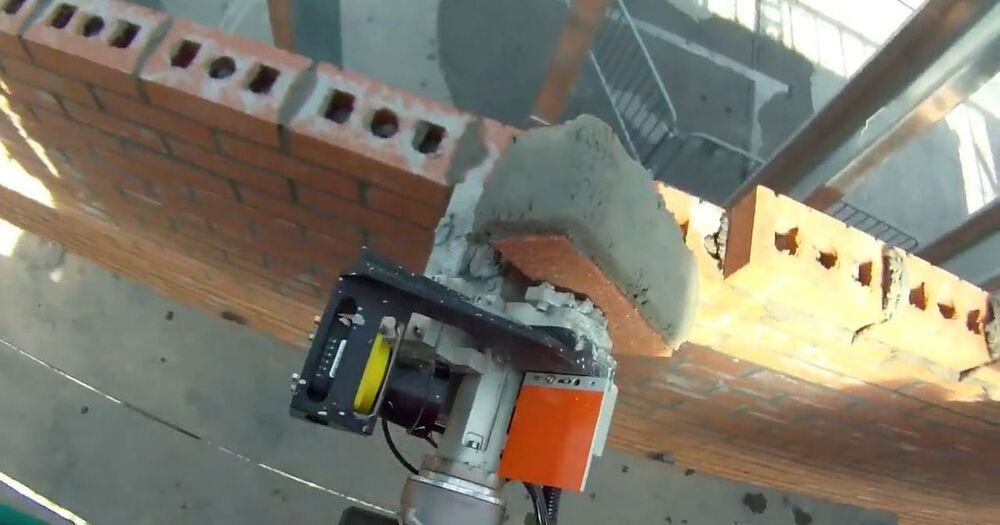Jan 22, 2021
Record-breaking laser link could provide test of Einstein’s theory
Posted by Quinn Sena in category: space
Scientists from the International Centre for Radio Astronomy Research (ICRAR) and the University of Western Australia (UWA) have set a world record for the most stable transmission of a laser signal through the atmosphere.
In a study published today in the journal Nature Communications, Australian researchers teamed up with researchers from the French National Centre for Space Studies (CNES) and the French metrology lab Systèmes de Référence Temps-Espace (SYRTE) at Paris Observatory.
The team set the world record for the most stable laser transmission by combining the Aussies’ phase stabilization technology with advanced self-guiding optical terminals. Together, these technologies allowed laser signals to be sent from one point to another without interference from the atmosphere.
